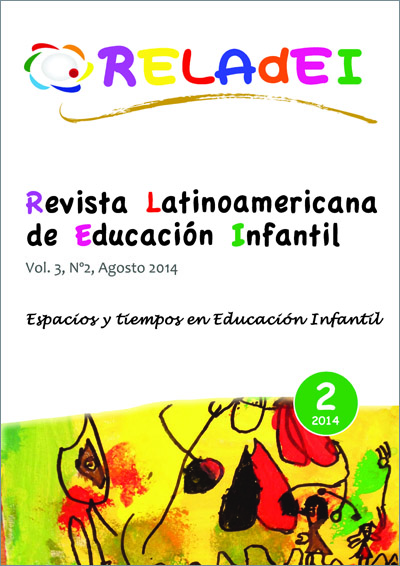The Montessori approach to the Early Childhood Education. A method to organize spaces and times that fits to children
Main Article Content
Vol. 3 No. 2 (2014): Tiempos y Espacios en la Educación Infantil, Monográfico/Tema del mes, pages 81-93
Submitted: Feb 20, 2018
Published: Feb 21, 2018
Abstract
Space and time are often, and from different perspectives, the main educational tools for Early Childhood Education. They are very important for children because they help them to strengthen their level of familiarity with the context of learning, and so are for educators because the organization of space and school time acts as an essential teaching device. This article aims to draw attention to the Montessori method because it represents, in this sense, a useful tool to adapt the spaces and times of educational programming to the rhythms of learning and to cognitive levels of children. The principle of “Help me do it by myself”, which is one of the basis of the Montessori method, has a great value for emancipation as an ideal device for children to learn autonomy. This principle may, therefore, become a useful teaching tool for educators to transform their professional experience and to rethink, in terms of project, their own educational practices.
Keywords:
Montessori, Educational Spaces and Times, Early Childhood School Organization, Learning Environments, Flexible Educational Contexts Montessori, Espacios y Tiempos Educativos, Organización Escolar, Organización del Ambiente, Contextos Educativos Flexibles Montessori, Spazi e Tempi Educativi, Organizzazione Scolastica, Organizzazione dell’Ambiente, Contesti Flessibili
Downloads
Download data is not yet available.

